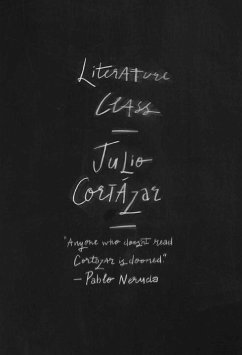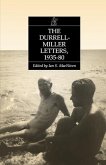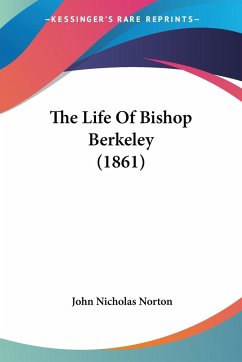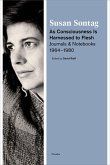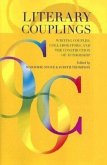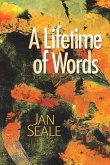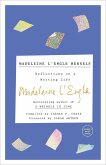"I want you to know that I'm not a critic or theorist, which means that in my work I look for solutions as problems arise." So begins the first of eight classes that the great Argentine writer Julio Cortázar delivered at UC Berkeley in 1980. These "classes" are as much reflections on Cortázar's own writing career as they are about literature and the historical moment in which he lived. Covering such topics as "the writer's path" ("while my aesthetic world view made me admire writers like Borges, I was able to open my eyes to the language of street slang, lunfardo...") and "the fantastic" ("unbeknownst to me, the fantastic had become as acceptable, as possible and real, as the fact of eating soup at eight o'clock in the evening"), Literature Class provides the warm and personal experience of sitting in a room with the great author. As Joaquin Marco stated in El Cultural, "exploring this course is to dive into Cortázar designing his own creations.... Essential for anyone reading or studying Cortázar, cronopio or not!"

